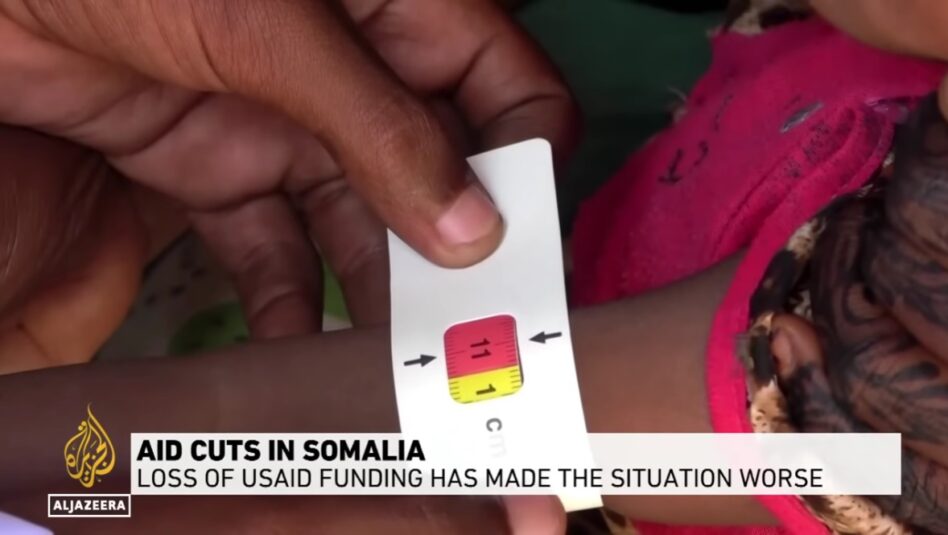IN this challenging time, having more money in our pocket is important. I bet most of us can feel the pain of inflation, when our money can no longer buy the same amount of goods compared to previous time. Our purchasing power has reduced significantly with high inflation.
With overnight policy rate (OPR) upward adjustment, our loan repayment also increased. Many people talk about managing a budget (spend below one’s means) to save up more money. Yes, this is one of many ways to optimize saving. This article aims to bring you to have more positive cash flow/saving via three different perspectives.
Spend money to save money
What does it mean to spend money to save money? Conventionally, many think that we must be thrifty to save up money. However, we can also spend money to save up more money. This requires your understanding of your own hourly rate.
Imagine that you work five days a week and eight hours a day to earn RM16,000 income per month.
Hourly rate = Monthly income/ total working hours
Hourly rate = RM 16,000/ (5 days x 8 hours/day x 4 weeks) = RM100/hour
Your hourly rate is RM100 per hour. How to tell if you are spending wisely to free up more time (to be able to make more money)? If you choose to hire a house cleaner to clean your house (instead of self-cleaning) at RM60 per hour, you are effectively saving RM40/hour plus free up an hour of time for more productive work!
Failure to understand your hourly rate will cost you a lot in terms of finance as well as productivity.
Spending can mean saving more money if you do it the right way! Now that you know how to calculate your hourly rate, what are the works you would want to outsource?

Minimise tax liability
If you pay lesser tax, in essence you are having more money retained in your own pocket. Of course, it is not recommended to evade tax. There are few ways to reduce tax liability, and the most commonly known strategy is to fully utilise your tax relief.
Tax reliefs (such as lifestyle, life insurance, medical insurance, SSPN, PRS and many more) help to reduce your chargeable income, thus reducing your payable tax. Normally new financial initiatives will be announced in the national budget.
Hence, if you want to plan ahead, please take note of the latest national budget and plan forward for coming year spending on tax relief!
Other than that, you can also reduce tax liability by making donations to approved institutions.
Depending on the type of approved donation, the claimable donation amount can be limited to 10% of aggregate income. (can link to approved donation.
Lastly, you can also negotiate your remuneration package to be more tax friendly. Instead of having a solely salary (which is fully taxable), you can structure the remuneration package to salary + allowances that are exempted from income tax. With allowances that are exempted from income tax, you will be paying tax only on the salary part.
Debt review
Most of us will have loans such as house loans, car loans, personal loans, credit card loans and others. However, not all of us understand how different types of loans work and how to make the best (pay least interest) out of the loans.
Generally, there are two types of loan interest calculation: reducing balance method & flat rate method. Reducing balance method calculates interest based on outstanding loan amount, it also means that you will be paying lesser interest over time when you paid off a portion of your principal via installments.
On the other hand, the flat rate method calculates interest payment based on the original loan amount throughout the loan tenure.
Your house loan can be a fixed or variable rate loan with a reducing balance interest method. If your house loan (with variable rate) was secured a long time ago (eg when loan interest was calculated based on BLR), you can save up substantial interest by requesting a debt review with your bank and have a different loan arrangement with lower interest rate.
There might be charges involved in the new arrangement, it is prudent to understand and calculate the charges to check if it is worthwhile to go ahead with the new arrangement. Essentially, it is to see if interest payment saved (benefit) outweighs the charges (cost) involved.
Other debt management strategies such as debt consolidation could be helpful for those with high interest debt commitment. One good example of high interest debts is credit card loans. Multiple high interest debts can be consolidated into one lower interest debt vehicle, thus helping one to free up cash flow and pay lesser interest.
In summary, you will be able to save more money by understanding your working hourly rate (and spending money wisely), minimising income tax liability, and having effective debt management strategies.
There are much more details into the strategies mentioned above. If you need more assistance in your finances, you can seek professional help from Licensed Financial Planners. — Nov 20, 2022
Kuah Soo Yee, CFP, is a licensed financial planner with IPPFA Sdn Bhd. She is also a certified member of Financial Planning Association of Malaysia (FPAM).
The views expressed are solely of the author and do not necessarily reflect those of Focus Malaysia.









